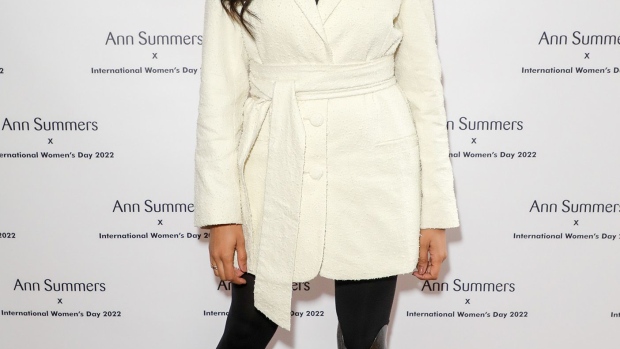Aug 1, 2022
Spain's Body Positivity Ad Slammed for Doctoring Women’s Images
, Bloomberg News

(Bloomberg) -- An ad by the Spanish ministry which sought to combat sexist stereotypes about women’s bodies is quickly unraveling.
Models say they did not consent to their images being used in the promotion, and how they were edited. One of the women in the photo illustration accompanying the ad is criticizing the designer of the image for editing out her prosthetic leg. Another says her face was grafted onto another body.
Some of the images from the campaign that Spain’s Equality Ministry debuted on July 27 to encourage women to enjoy the beach have been taken down. Spain’s Women’s Institute, a division of the Equality Ministry, said in an emailed statement it “wasn't aware that the women who appear in the images were real people” and had commissioned an illustration without the use of models.
“All bodies are valid and we have the right to enjoy life as we are, without guilt or shame,” equality minister Irene Montero said in a now-deleted tweet. The accompanying image featured a pastiche of models’ photos, including a doctored version of an image model and motivational speaker Siân Green-Lord posted from a recent trip to Ibiza. In the advertisement, her white bathing suit had been covered with a floral design and her prosthetic leg had been replaced to hide her disability.
Green-Lord raised concerns about her image being used in the body-positivity campaign in her Instagram stories on July 29, two days after the ad debuted. A friend brought the illustration to her attention, she said.
“I’m still in shock over the whole situation as it’s took me so long to accept myself with my disability so what they have done is very hurtful,” Green-Lord said in an email.
Green-Lord’s criticisms were echoed by model Nyome Nicholas-Williams and writer Juliet FitzPatrick, who also said they didn’t given permission to be used in the ads. FitzPatrick didn’t believe she in the image “as the woman has one breast and I have none," she said. It was only after a photographer she had previously worked with reached out to her that she suspected her likeness had been grafted onto the body of another person. The reality of how the campaign image came to be undermines its message, she said.
“I’m very used to having a topless image of my body being used for campaigns, but this is always with my consent and somewhat in my control,” she said in an email. “It’s very disappointing that a woman with a mastectomy is represented in the poster, but it turns out that she is not real and seems to have been made from two images of different women.”
Nicholas-Williams said she “thought the advert was great initially, but it’s gotten progressively worse.” She’s angry they both used her image without prior consent, she said in an e-mailed statement. “Now they think that just by taking the pictures down and not compensating me will be good enough. It’s not!”
The ad, which features the likenesses of five women, was designed by the Spanish artist Arte Mapache. On July 28, the artist tweeted an apology for using models’ images without their consent. Mapeche also pledged to “repair the the damage I caused” as well as to work with the models privately to make amends.
Spain’s Women’s Institute thanked the artist for “recognizing the error” in producing the image. The organization also said it had been in touch with each of the women, “and the illustrator and the models are expected to reach an agreement.”
©2022 Bloomberg L.P.





